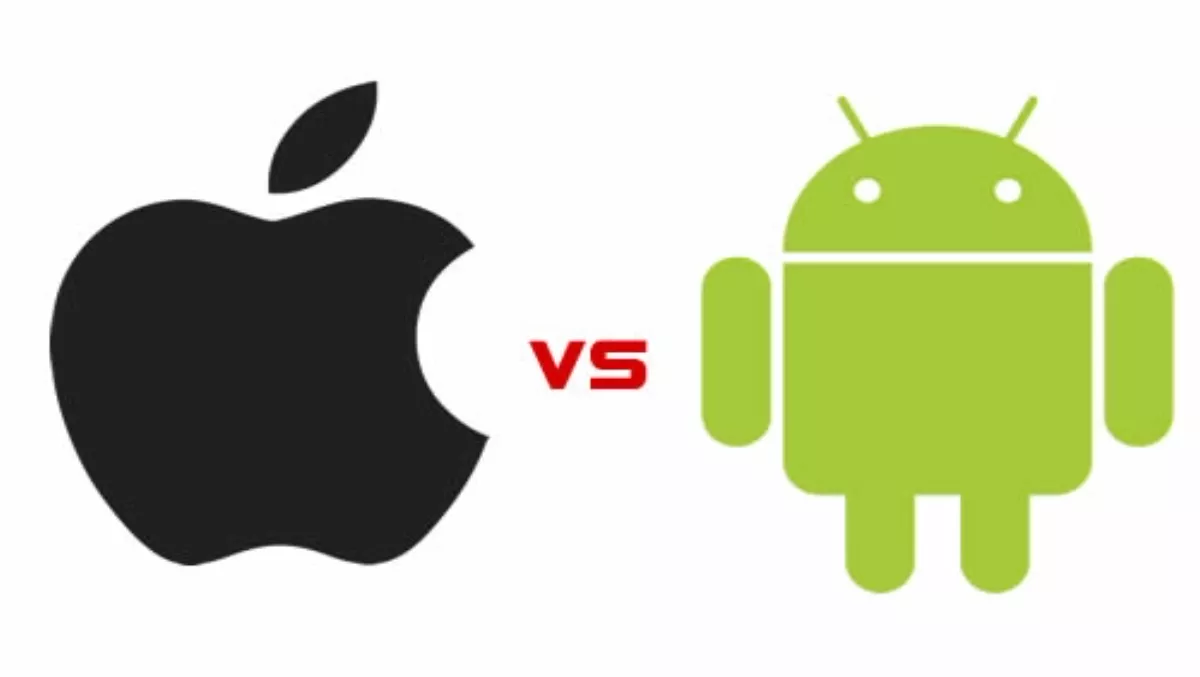
Who is winning the smartphone war – Apple's iOS or Google's Android? It's a question that's been on many of our minds as smartphones and tablets continue to surge in popularity. On October 4th of last year (Apple's iPhone 4S launch event), CEO Tim Cook announced that the company had sold over 250 million iOS devices to date – including iPhones, iPods and iPads. Later that month, Google CEO Larry Page said that 190 million Android devices had been "activated”. Keep in mind that the first iPhone went on sale 16 months before the first Android phone, so iOS had a decent head start, but according to these figures, Apple is still outselling its competitor. However, if we look at the smartphone market exclusively (leaving out tablets and smartphone-like media devices), a report from com Score (global leader for marketing research in the digital world) in August 2011 showed that 43.7 percent of U.S. smartphone subscribers had an Android device compared to iPhone's 27.7 percent. Android and iOS both have their pros and cons, so the decision between the two depends on what you look for in a phone and the importance you place on different features. Some of the major pros and cons of each are as follows: Battery: Android boasts a removable and replaceable battery whereas iPhone does not. This means that if you have a battery issue with your iPhone, unlike Android where you can simply purchase a new battery, you will have to send your iPhone into Apple for repair. Apps: If you are into apps, iPhone definitely takes the cake with over 500,000 apps available, including 140,000 designed for the iPad, and more popping up every day. This compared to Android's 250,000, and very few customized for their Honeycomb tablet series. Jailbreak: Many Android phones come with the option to Jailbreak it from its service provider. This means you can take the phone to another country and switch to a different service provider without any hassle. iPhone does not offer this feature. Should you want to jailbreak your iPhone, you'll have to do it at your own risk – something we wouldn't recommend! Security: With its open platform operating system, Android is particularly prone to security attacks and trojanized apps. Dropped Calls: Recently, complaints have begun to arise about the iPhone's tendency to drop calls. OS upgrade: Android does not allow upgrades, whereas iPhone can support at least one major OS upgrade before Apple launches a non-compatible or higher configuration OS. Charger: Android will conveniently take any micro USB charger. iPhone requires the specific Apple charger. When it comes to tablets, you probably won't find any major differences between brands this early in the game. You will get a slightly different experience with Apple than with Android, but nothing significant. Right now, most people are simply choosing the most cost effective option. Richardson agrees and notes that most of Jade's clients are not settling on any one tablet, but are currently playing with them all.